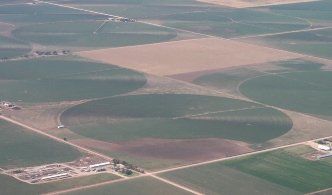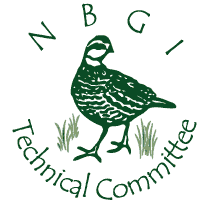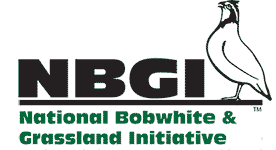Service Agency (FSA) – makes over 3.6 million additional acres in 24 of the 25 NBCI states eligible for the federal Conservation Reserve Program’s (CRP) Habitat Buffers for Upland Birds practice (CP-33), commonly known as “Bobwhite Buffers.”

Essentially, CP-33 (which was originally established in 2004 at the urging of NBCI) allows agricultural landowners to contract with FSA to use marginal borders of working cropland for grassland wildlife habitat in exchange for annual rental payments. Specifically, the policy change now allows inclusion of the un-irrigated corners of crop fields irrigated with center pivot irrigation systems without those corners being connected by field borders also enrolled in the program. Previously those corners had to be connected by 30-foot field border strips, an impractical requirement. FSA, which administers the program, said “studies suggest that the shapes of these patches and their proximity to each other create an attractive environment for the birds, even without the connecting strips.”
“After many years of effort we got the pivot-corner practice we have been asking FSA to authorize in the Continuous CRP!” said NBCI Director Don McKenzie. “This new practice is a direct result of persistent efforts by the NBCI and our founding group, the National Bobwhite Technical Committee, who led the national campaign for this practice. Although ultimate success of this practice depends on the level of landowner enrollment in priority bobwhite conservation regions, it has potential to be a very big deal for bobwhites and numerous other species in landscapes dominated by center-pivot irrigation. It’s another major win for the NBCI, NBTC, state wildlife agencies and birds!!” FSA has already made some 250,000 acres available nationally to be enrolled in the new practice.
Every NBCI state except West Virginia can potentially benefit, with approximately 17.6 million acres of cropland irrigated with center pivot systems in 24 NBCI states.
Headquartered at the University of Tennessee’s Department of Forestry, Wildlife and Fisheries, NBCI is an initiative established by the National Bobwhite Technical Committee (NBTC) to elevate bobwhite quail recovery from an individual state-by-state proposition to a range-wide leadership endeavor. NBTC is comprised of representatives of 25 state wildlife agencies, academic research institutions and private conservation organizations. Support for NBCI is provided by the Federal Aid in Wildlife Restoration Program, state wildlife agencies, the University of Tennessee and Park Cities Quail. For more information, please visit www.bringbackbobwhites.org,



